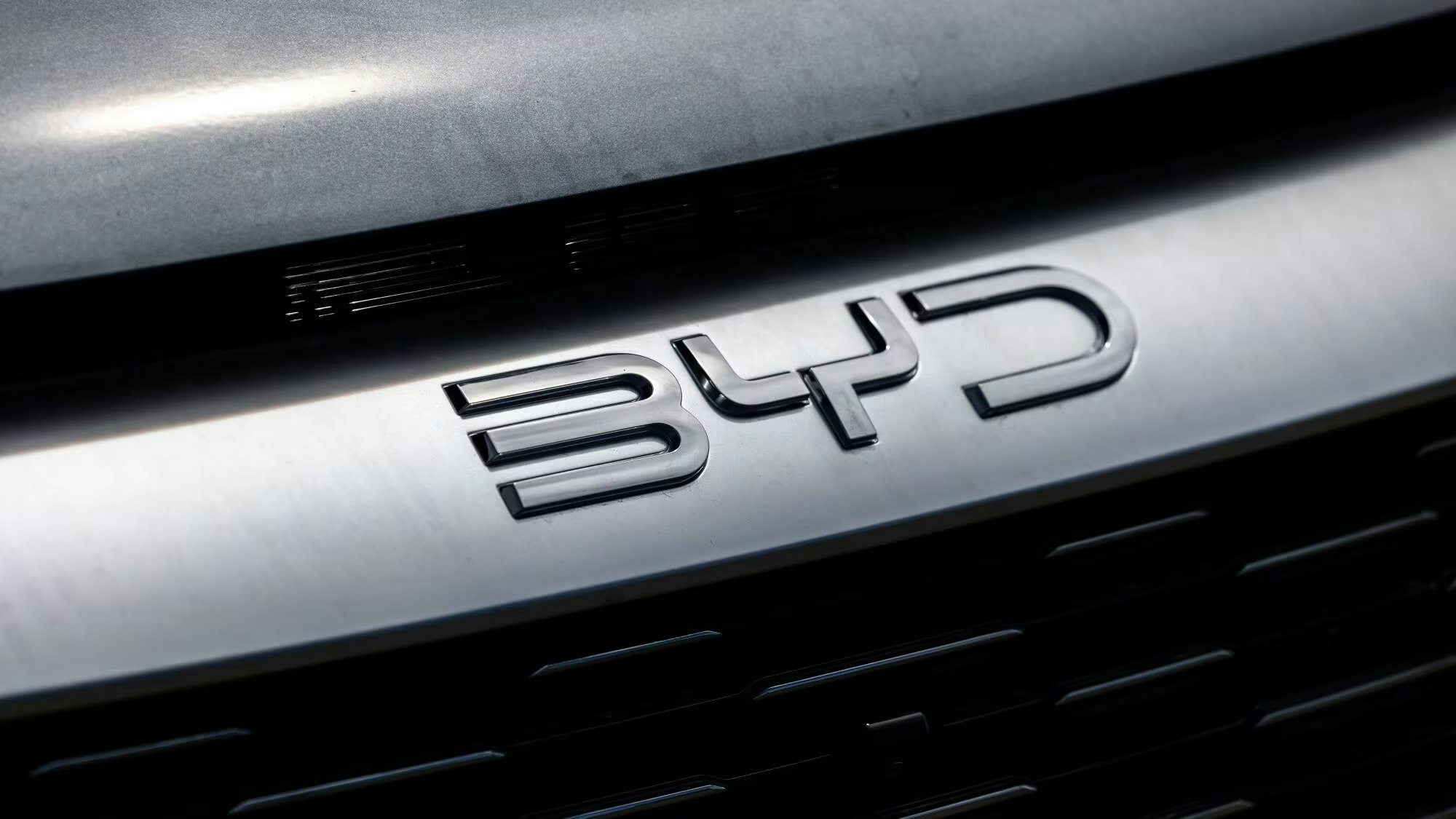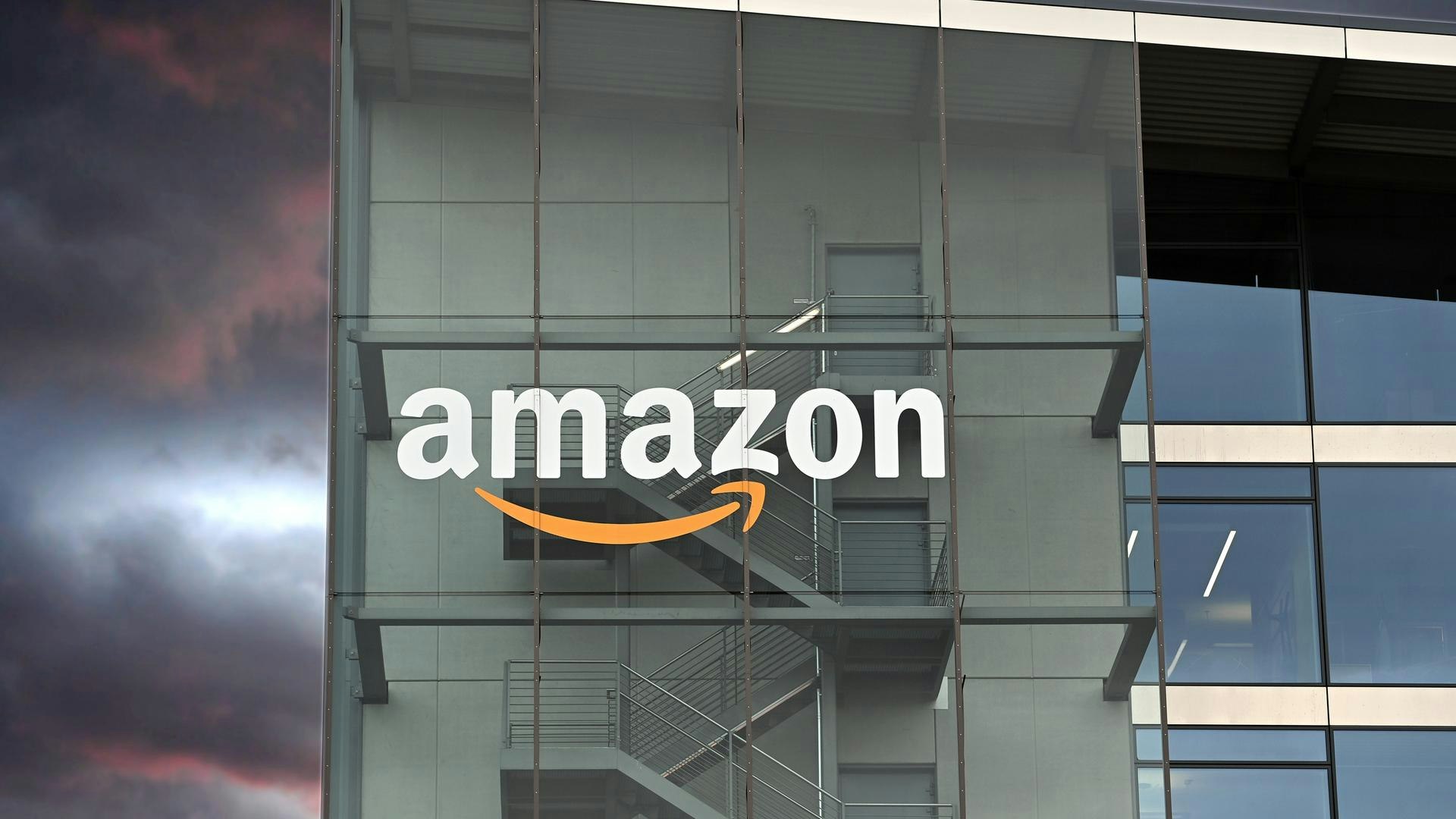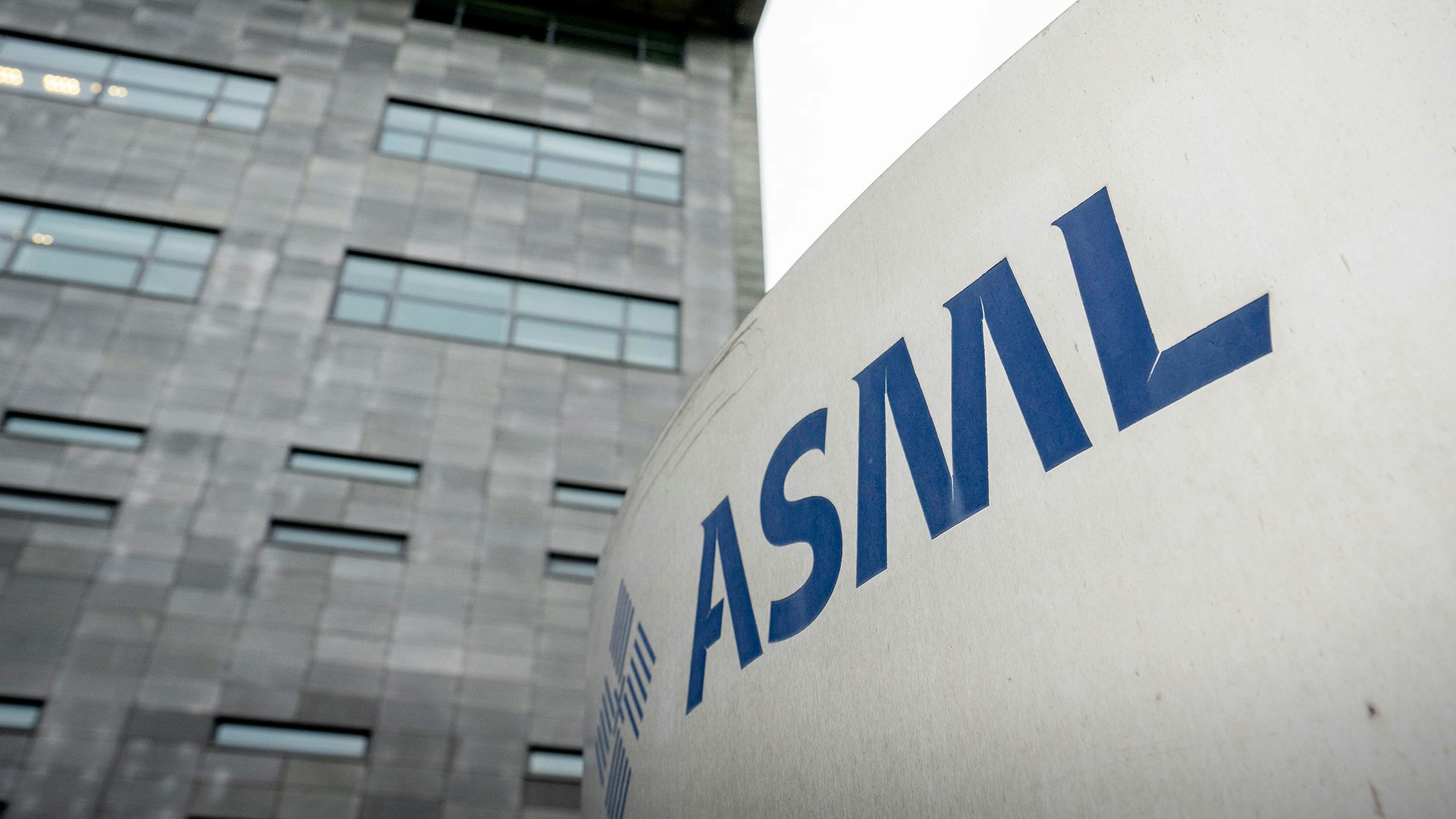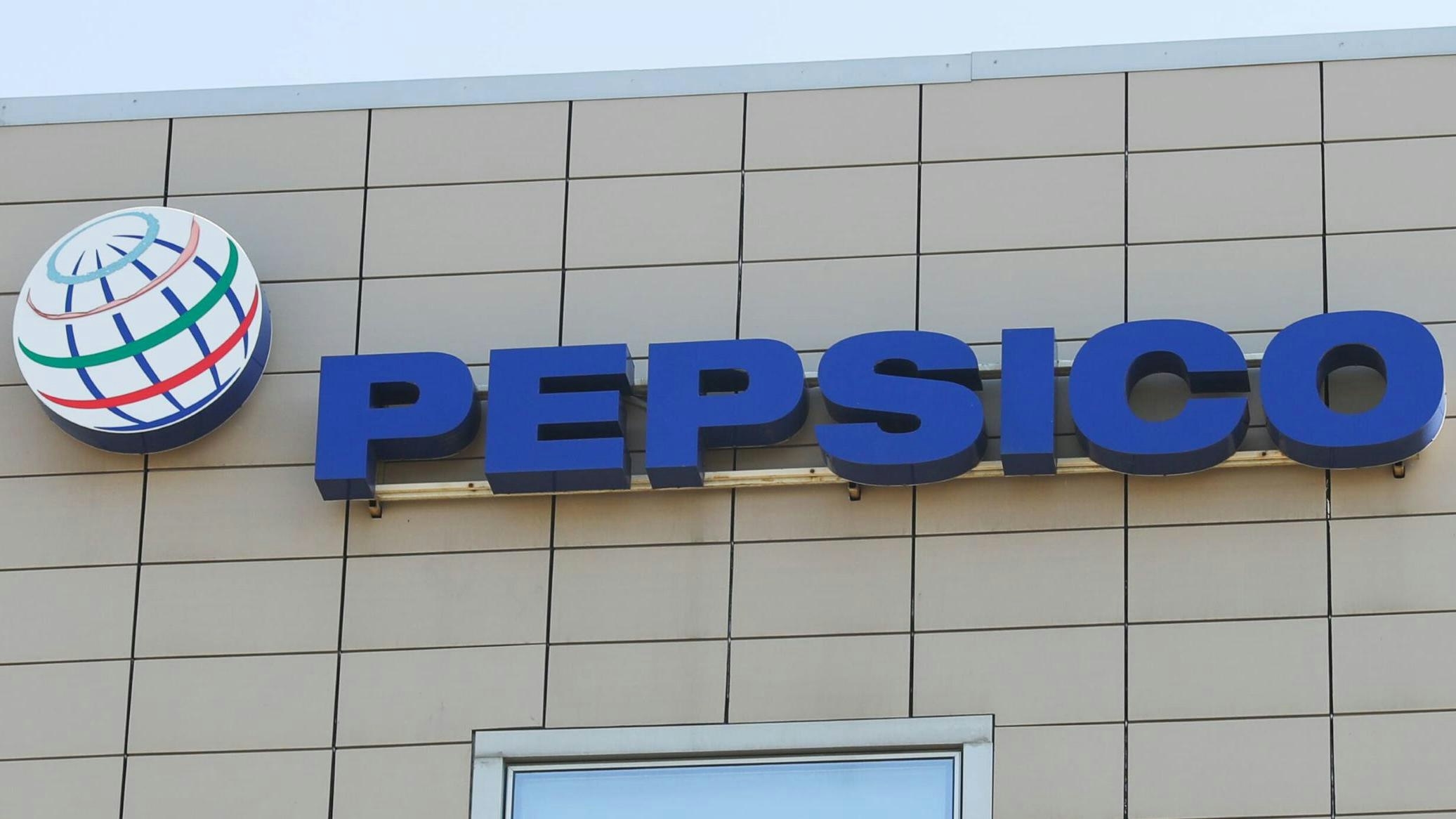Business
BYD relies on cooperation with Tesla – Expansion to Europe despite trade conflicts
BYD focuses on growth in Europe, eases trade conflicts, and clearly sees the future of mobility with electric cars.

BYD, China's leading electric vehicle manufacturer, aims to collaborate with Tesla to push the internal combustion engine out of the market. At the same time, the company is pursuing aggressive expansion in Europe and advocates for greater Western openness to Chinese technology.
Our common enemy is the combustion car. We must work together to change the industry," said BYD Vice President Stella Li in an interview with the Financial Times. Despite this statement, both companies are competing for the top position in the global EV market. While Tesla is losing market share in Europe, BYD is driving its expansion with new models and production sites in Hungary and Turkey.
China is more open to foreign companies than the West, Li emphasized, pointing out that the Chinese government supports international cooperation in the fields of electric mobility and autonomous driving. "There may be many misconceptions here. The government is helping and working with companies to advance technologies," she said.
BYD recently announced it will make its advanced driver assistance systems, including the self-developed "God’s Eye" system, available to customers at no extra cost. Analysts expect this to put pressure on the pricing structure for smart driving features across the industry.
The expansion into Europe is accompanied by geopolitical tensions. Brussels is demanding increased technology transfers from Chinese companies to European partners in exchange for subsidies. At the same time, Beijing signals that it wants to exert greater control over the overseas production of its companies. Additionally, China has extended its export restrictions on battery materials to technologies for processing rare earths.
Li was unfazed by political uncertainties: "Politics is temporary – ultimately, the consumer decides." The company plans to offer more plug-in hybrids like the Seal U in Europe, in addition to pure electric vehicles, to compensate for the decline in EV demand and to avoid EU anti-subsidy tariffs. Additionally, BYD aims to introduce its premium brand Denza in Europe later this year.
In the USA, BYD currently has no plans to enter the market, especially after the Biden administration introduced a 100 percent tariff on Chinese electric cars. No decision has yet been made regarding a potential production site in Mexico.
Despite global challenges, Li sees the EV transformation as irreversible. "Why do people choose electric cars? Because they are better, smarter, and of higher quality," she said.






